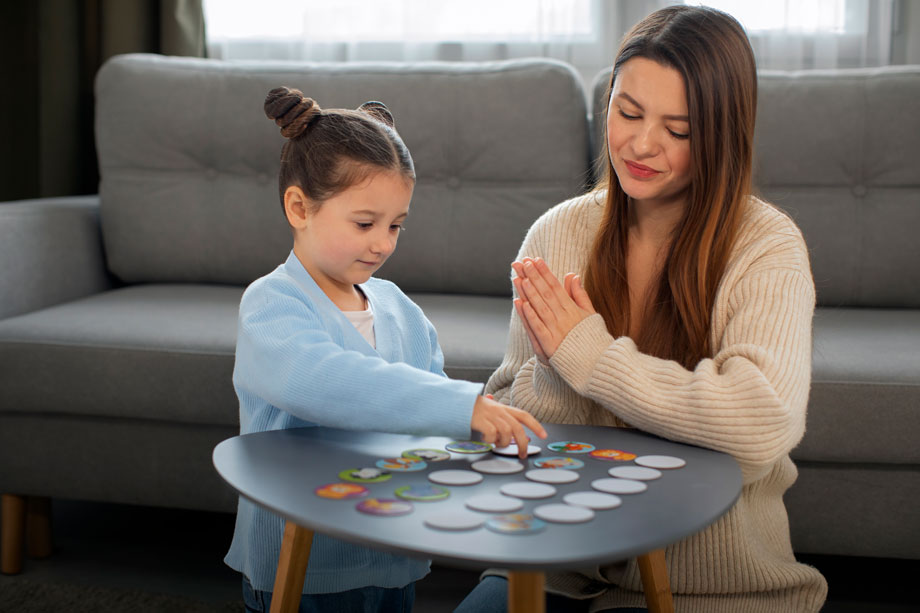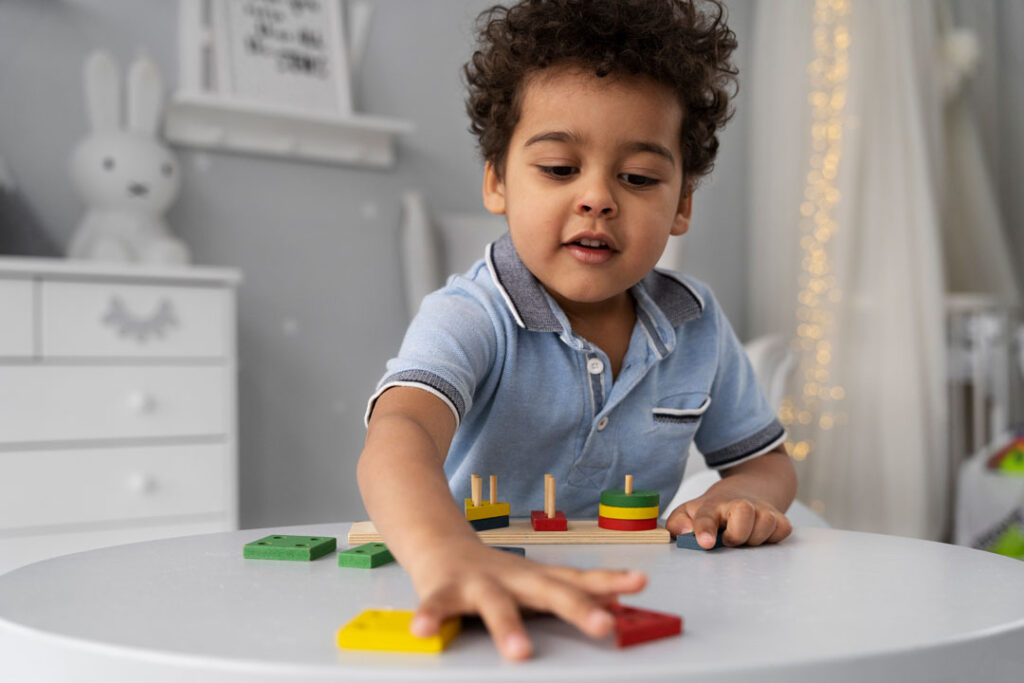Understanding the Social Puzzle
Children with autism often struggle with social interaction. They might have difficulty understanding social cues, maintaining eye contact, or initiating conversations. This can make it challenging to build and maintain friendships.
Building Bridges of Understanding
Here are some practical tips to help you connect with your child:
- Joint Attention: Share experiences and interests together. This could be anything from watching a favorite TV show to playing a board game.
- Emotional Connection: Validate their feelings and emotions. Use simple language and clear explanations to help them understand their own feelings and the feelings of others.
- Social Skills Training: Work with therapists or educators to teach social skills like turn-taking, sharing, and initiating conversations.
- Positive Reinforcement: Reward positive social behaviors, no matter how small.
- Model Social Skills: Demonstrate appropriate social behaviors yourself.
The Power of Play
Play is a powerful tool for building relationships and developing social skills. Engage in imaginative play, board games, or outdoor activities. These shared experiences can create lasting memories and strengthen your bond.
The Role of Humor
Laughter is a universal language. Incorporate humor into your interactions, but be mindful of your child’s sense of humor and what they find funny. A shared laugh can go a long way in building a connection.
Remember, Patience is Key
Building strong relationships takes time and patience. Don’t get discouraged if you don’t see immediate results. Celebrate small victories and keep the lines of communication open.
By understanding your child’s unique needs and implementing these strategies, you can build a strong and loving relationship that will last a lifetime.



